
Salesian programs focus on improving the lives of children and youth through educational opportunities in Madagascar, which is one of the poorest countries of the world.
Madagascar, an island in the Indian Ocean off the coast of East Africa, is one of the poorest countries in the world. Seventy percent of Madagascar’s almost 19 million people live in poverty with 5.7 million of those youth between the ages of 10-24, according to UNICEF. This number is expected to double by 2025.
Nearly 30% of children in Madagascar drop out of primary school, while many others live in communities that have no schools at all. Many children aren’t able to access even a basic education. For some, their parents are unable to pay for school while others are forced to work to help support their families. And for others, the distance from home to school is insurmountable. The country also lacks qualified teachers.
Salesian missionaries are working to remedy this situation by building primary, middle and high schools across the country. Since 2007, 41 elementary schools, four middle schools and three high schools have opened their doors to students who otherwise would not be able to gain an education. Outdated and dilapidated classrooms have also been refurbished, giving children a better environment to learn.
For those who face danger when leaving their remote villages to continue their studies, Salesian missionaries keep youth safe through a network designed to protect them from kidnapping, exploitation and other dangers. These “villages” provide stable housing with families, teachers and other school personnel — and have succeeded in keeping children safe and school attendance high.
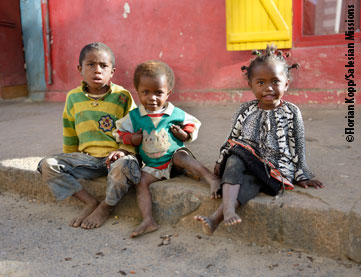
With 60% of its population under the age of 25 — and where almost 6 million youth live in dire poverty — Madagascar’s future depends upon opportunities for youth to become self-sufficient adults. However, even when youth can afford vocational training, many schools lack the resources to give youth practical training they need for success in the workforce.
To overcome these difficult barriers, Salesian missionaries have partnered with other humanitarian organizations to create a new, innovative program focused on employment opportunities for youth in the construction and civil engineering sector. The program includes specific recruitment efforts by Salesian missionaries in highly disadvantaged areas, along with an accelerated one-year program to quickly give youth their first professional opportunities.
At the Salesian Vocational Training Center in Antananarivo, students learn in-demand trades such as carpentry and civil engineering. Targeted apprenticeship programs ensure they graduate with the real-word experience that employers find invaluable.
Salesian education also works to close the digital divide, the gap between those with access to technology and those without, which is particularly apparent in Madagascar. Because of a lack of funding and limited access to technology, many youth have had no training in technology, including basic computer and Internet skills. Youth with no technical knowledge or training are severely limited in their ability to compete in the job market and rise out of poverty.
Salesians collaborated with Computer Scientists Without Borders, an organization formed by professional information technology volunteers, and Monclick, one of the leading online sellers of technology products, on a “Back to School” campaign. As a result, new equipment including 15 notebooks, one projector and one multifunction printer were purchased and teachers were given access to new technology training that they in turn pass along to their students.
Volunteers from Computer Scientists Without Borders trained the teachers, most of whom had no experience using a computer, in basic computer skills in addition to teaching them how to utilize the new equipment.
Madagascar is among the ten countries most vulnerable to natural disasters. A quarter of the population — 5 million people — live in areas highly prone to cyclones, floods or drought, according to the World Food Programme.
In 2015, Tropical Storm Chedza hit Madagascar, creating a massive deluge that wiped out rice paddies and cornfields. Secondary mudslides leveled houses, blocked major roads and contaminated wells. Close to 53,000 people were homeless and faced the threat of widespread disease in the absence of clean drinking water. Salesian missionaries distributed food, medicine, fresh water and clothing in the aftermath, while preparing to rebuild their destroyed communities. Because Salesian missionaries live in the communities in which they work, they can immediately respond to disaster while helping to lead the long, slow process of complete recovery.
Salesian missionaries were able to provide clean water to close to 4,000 people in the Salesian community in Ankofafa, Fianarantsoa, thanks to funding from Salesian Missions “Clean Water Initiative.” The beneficiaries of the project included 500 children who attend the Salesian oratory each day, 1,000 youth who attend the oratory three days a week, 1,500 youth who attend summer activities, the Salesian community of 50 confreres and staff, hundreds of parishioners, and numerous retreat groups.
For the last 25 years, the water at the oratory has been brown and unsanitary for the children and youth participating in Salesian activities. The water pipes were meant for 2,00-3,000 people, but are were used for 15,000 people. Before the project, which took place in 2018, there had been a shortage of water for those in need.
People formed long lines at the public pumps in the neighborhood starting as early as 2:00 a.m. just to get one can of water for the whole day. Additionally, the pump that was used bordered the rice fields, which made the water susceptible to contamination.
With the funding provided, a new well was dug and water pump installed. Now the Salesian community has clean water for the kitchen, rooms and common bathrooms. Among the beneficiaries were a group of 20 street children who could come to the Salesian community twice a week to wash their clothes and take a shower. Thanks to the new water supply, the youth don’t want to leave, and they are more willing to engage in school and recreational activities are the Salesian center.
Over 60% of Madagascar’s people live more than 3 miles from a health center, often in very remote and difficult to reach areas without roads or communications, according to the U.S. Agency for International Development (USAID).
In Madagascar, Salesian missionaries opened medical dispensaries to provide health services to anyone who need it. Missionaries are able to assess medical concerns, provide exams and medications when needed, and connect people to larger hospitals when needed.
Madagascar has the world’s fourth highest rate of chronic malnutrition, which affects almost half of all children under the age of 5, according to the World Food Programme (WFP). In September 2016, a joint assessment by the Ministry of Agriculture, the U.N. Food and Agriculture Organization and the WFP found that 1.2 million people from the south are food insecure, with 600,000 severely food insecure.
To stop the devastating effects of hunger and food insecurity, Salesian Missions partners with Feed My Starving Children and Rise Against Hunger to deliver life-saving food and other critical aid. Homeless children and at-risk youth in Salesian-run orphanages, youth centers and schools are fed, giving them more energy to participate fully in educational programs and activities.
In Madagascar, severe poverty without hope for the future forces many youth to leave school and their homes to live on the street, with or without their families. Some youth and their families are forced to flee local communities in the countryside that have been devastated by bandits. While hoping to pursue a better life in the city, youth and their families find themselves without a home, work or school. In some cases, youth also face abandonment by their parents or escape from abuse in their homes to live on the street.
Salesian centers meet the needs of youth and their families. The Centre of Anjanamasina hosts 110-115 boys, including abandoned street children. Young people receive meals, participate in activities and sports, and have safe place to live. In other programs, both families and children are served with literacy classes andentry to public schools, along with services for street children, single mothers and distressed families.
More than 25% of women in Madagascar become first-time mothers between the ages of 15 and 19, often trapping them and their children in a cycle of poverty. These women and children are particularly vulnerable to poor health care, chronic malnutrition, and lack of educational opportunities.
Through projects like TAIZA, a Salesian-led children’s right network present in each borough in the capital city of Antananarivo, young, impoverished mothers and their babies can access social services, as well as health education and clinics, and participate in peer support groups and literacy programs.
Youth attending the Salesian-run Notre Dame de Clairvaux in Ivato were provided nutritional support for two months thanks to funding received from donors through Salesian Missions. In addition to school and job training, youth are offered free morning and midday meals. More than 1,000 meals are provided each week day. Additional meals are provided over the weekend.
The center provides support to children and youth living in extreme poverty, many of whom are fatherless or orphans who have been abandoned by both parents. Some are being raised by aunts and grandmothers. Currently, there are 170 primary school students and 265 in the vocational training center. Notre Dame de Clairvaux also has 125 interns preparing for work. The center also has a job search office with a coordinator that helps youth who are graduating find and retain stable work.
In addition, Salesian missionaries were able to provide support for 20 families in the Ivato district thanks to donor funding from Salesian Missions. With the funding, Salesians purchased rice, pulses, sugar and more to meet the daily food needs of the families, along with soap and candles. Salesians also taught the families about the importance of taking care of their bodies and health, with a focus on personal hygiene and nutrition. Salesians also provided psychological support to help families overcome the difficulties they encounter in their daily lives.
Salesian missionaries in the capital city of Antananarivo provide services to more than 110 boys in the detention home of Anjanamasina. The program, which is often referred to as the “House of Rascals,” is far beyond capacity, originally built and structured to accommodate 60 to 70 youth. There are often not enough provisions for all the youth being held there. For instance, the program only has enough rice to feed 80, and in the winter, there are not enough blankets for every boy.
Some of the minors in the program have been prosecuted by the law while others are children whose families can no longer take care of them. In Madagascar, unemployment and economic and socio-political challenges cause many families to consider the education of their children secondary when compared with providing food and meeting the needs of everyday life. Often children are abandoned as many parents prefer to entrust them to the detention home rather than taking care of them themselves. Salesian missionaries are working to ensure these youth have a second chance at a better life.
According to Salesian missionaries in the Fianarantsoa region of Madagascar, forests are being reduced by about 200,000 hectares a year due to unscrupulous activities in the area. Various firms and activities damage the environment in the Fianarantsoa region, which also has several sawmills, homes and small workshops.
Father Giuseppe “Bepi” Miele, who has been in Madagascar for almost 37 years, is aware of the local challenges and intends to do everything he can to help. He recently developed an initiative to aid both the youth in Salesian programs and the whole community. Fr. Miele recently asked for support from the Don Bosco Mission in Turin, Italy. He wants to equip the Salesian mission in Fianarantsoa with a briquetting machine.
With this new machine, the waste from the sawmills will be compressed into bricks and logs that will then be used as fuel to replace coal. The first step will be to put the bricks at the disposal of local families so they familiarize themselves with the bricks, using them for free instead of coal. When people have seen the benefits, an awareness-raising plan will be put in place to be able to sell the product. Sales will subsidize the wages of young people who will use the briquetting machine. The sales profits will also become a source of self-financing for the Salesian’s program activities.
Fr. Miele aims to help support youth who are unable to find a job as well as families who need a cheaper and more ecological fuel source than coal. The whole population will also benefit from this project as they will no longer be exposed to the harmful gas that coal releases. The 250 children from the Salesian school canteen will also benefit from the revenue from the sale of the fuel.
In addition, Salesian missionaries in the Fianarantsoa region of Madagascar were able to assist 10 graduates of the local Salesian vocational training center in launching a small business enterprise thanks to Salesian Missions donors. The project will train the Salesian graduates in management, operations and the development of a plan to establish a construction business.
In addition to providing business training and support, Salesian missionaries will work to connect the graduates’ new business with the community to help with the acquisition of customers. In the meantime, Salesian missionaries are employing them to repair and restore sections of the Salesian training center where they learned their skills.
From Madagascar

From Madagascar
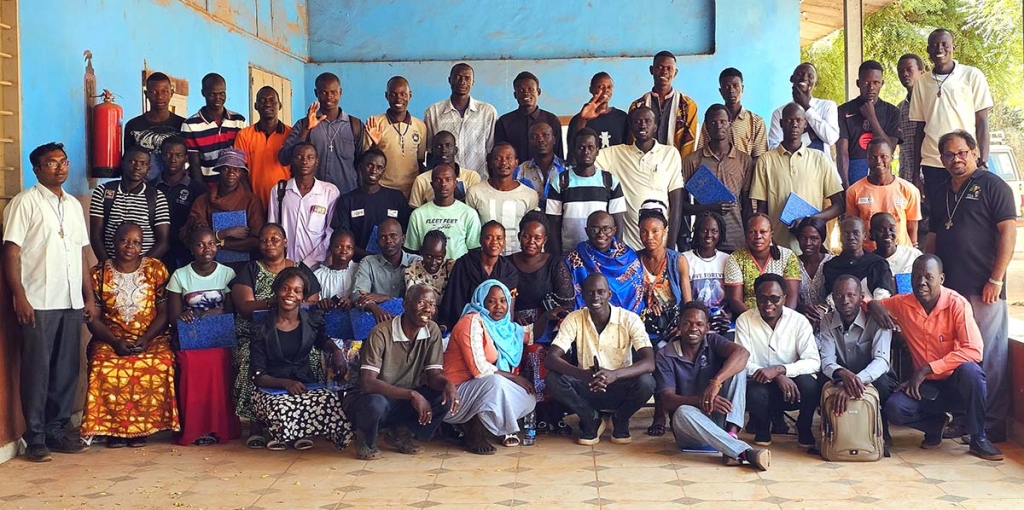
Salesian missionaries educate more than 1 million youth. NEW ROCHELLE, NY (Oct. 5, 2025) Salesian Missions, the U.S. development arm of the Salesians of Don Bosco, joins humanitarian organizations and countries around the globe in
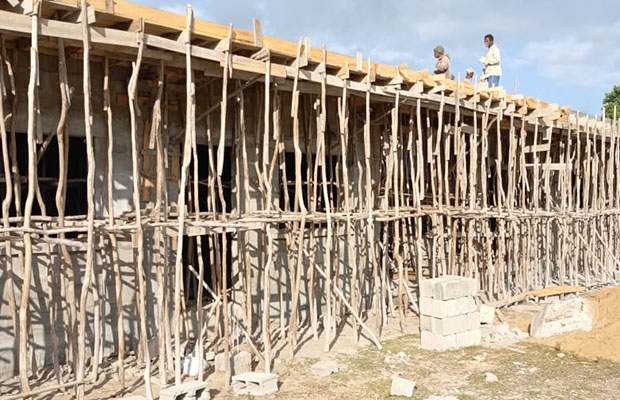
Imagine a country so poor that almost 19 million people live below the poverty line. And of those, 5.7 million are children. Homelessness, food instability, families struggling to survive, and an epidemic of child labor … the cr
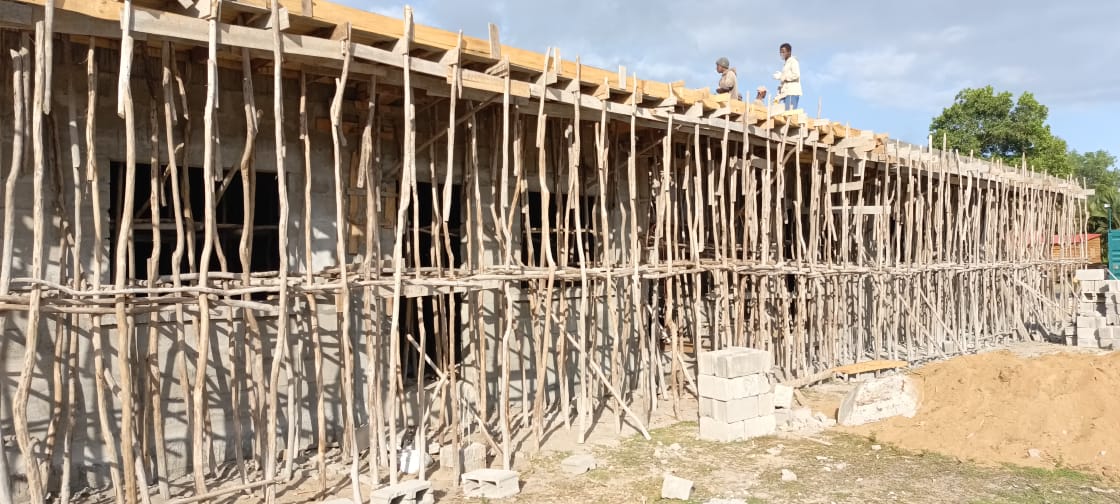
Students receive practical training relevant to local economy. NEW ROCHELLE, NY (June 24, 2025) Salesian missionaries are working on a construction project to expand classrooms at Don Bosco Mahajanga, a technical and vocational ce
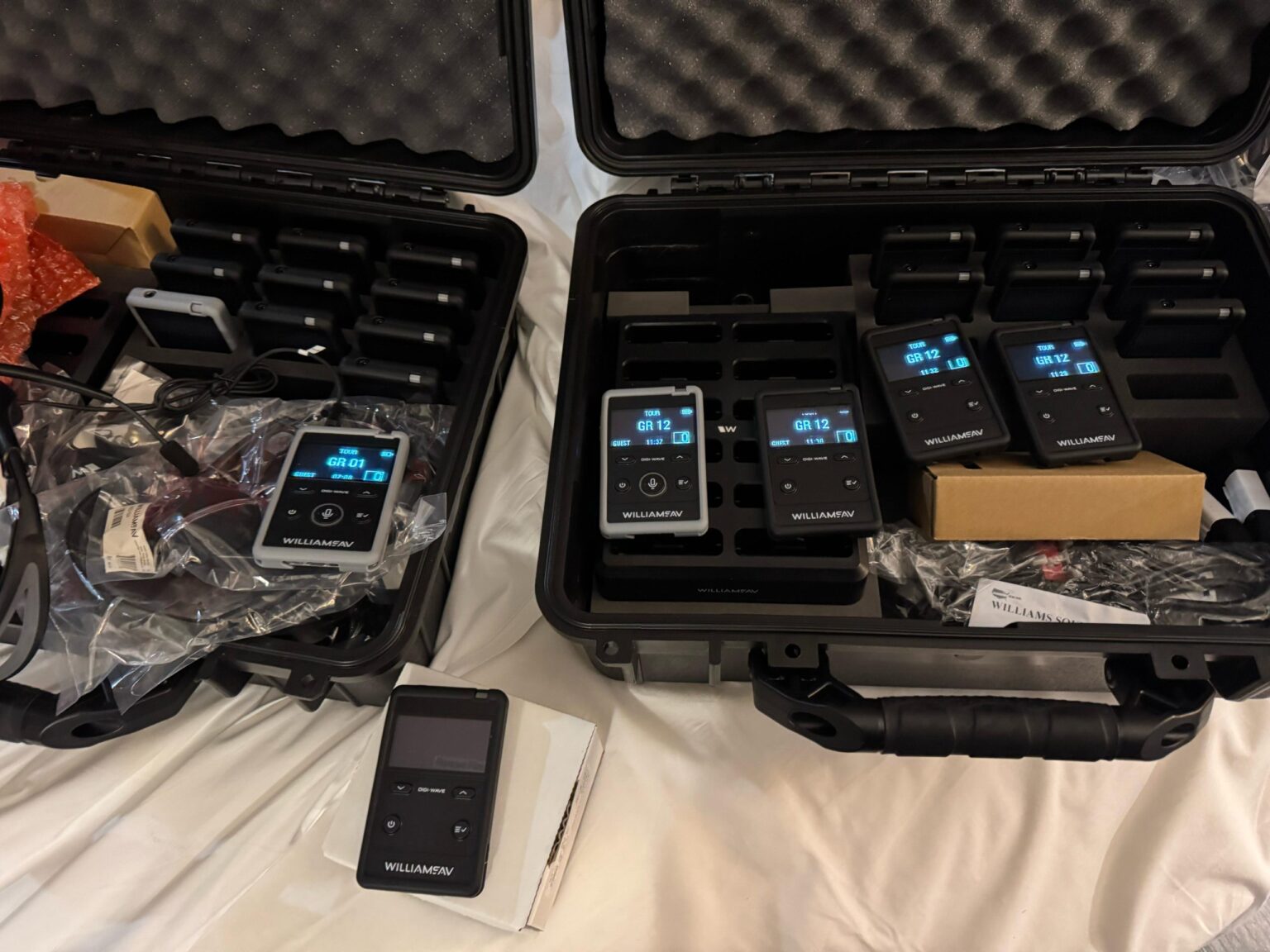
Tools to enhance the quality and inclusivity of training. NEW ROCHELLE, NY (June 10, 2025) Top of Form Salesians working in African countries were able buy translation devices thanks to donor funding from Salesian Missions, the U.
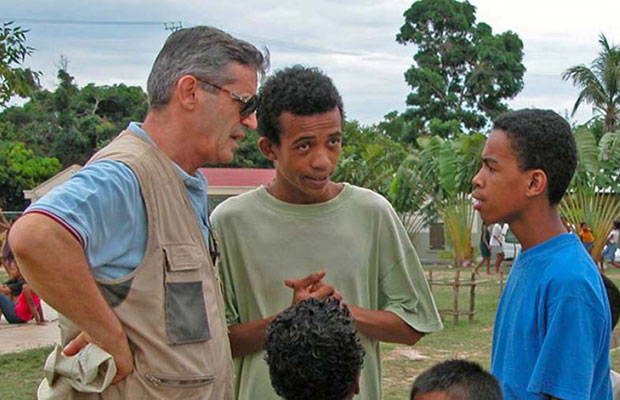
Not too long ago, twin brothers Rivo and Rija didn’t dare to dream. Past abuse, poverty and deprivation had taught them to expect little and hope for even less. Then, the Salesians of Don Bosco entered the scene. Finally, Rivo a
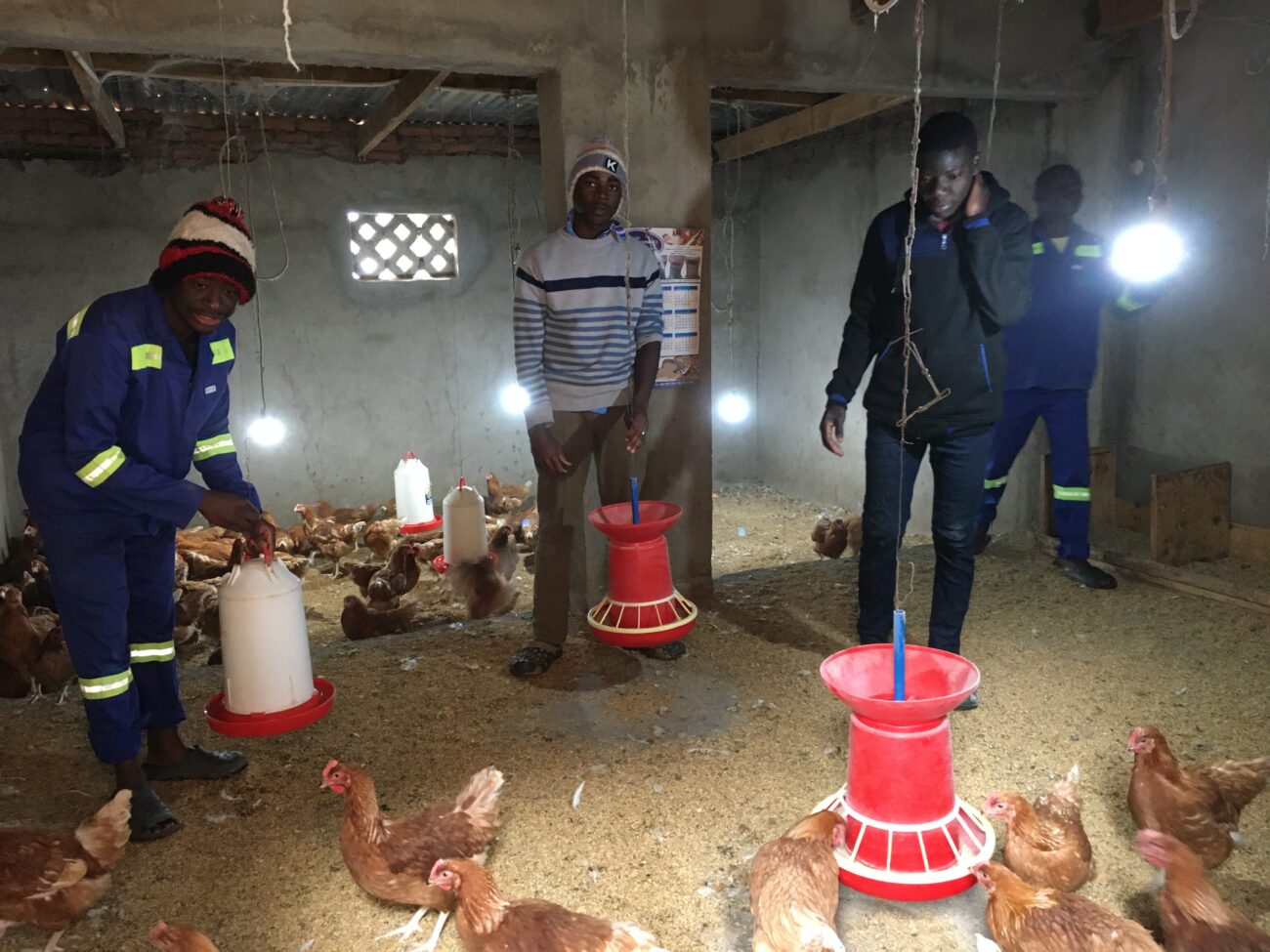
Salesian missionaries ensure those in need have access to programs and services. NEW ROCHELLE, NY (Oct. 17, 2023) Salesian Missions, the U.S. development arm of the Salesians of Don Bosco, joins humanitarian organizations and coun
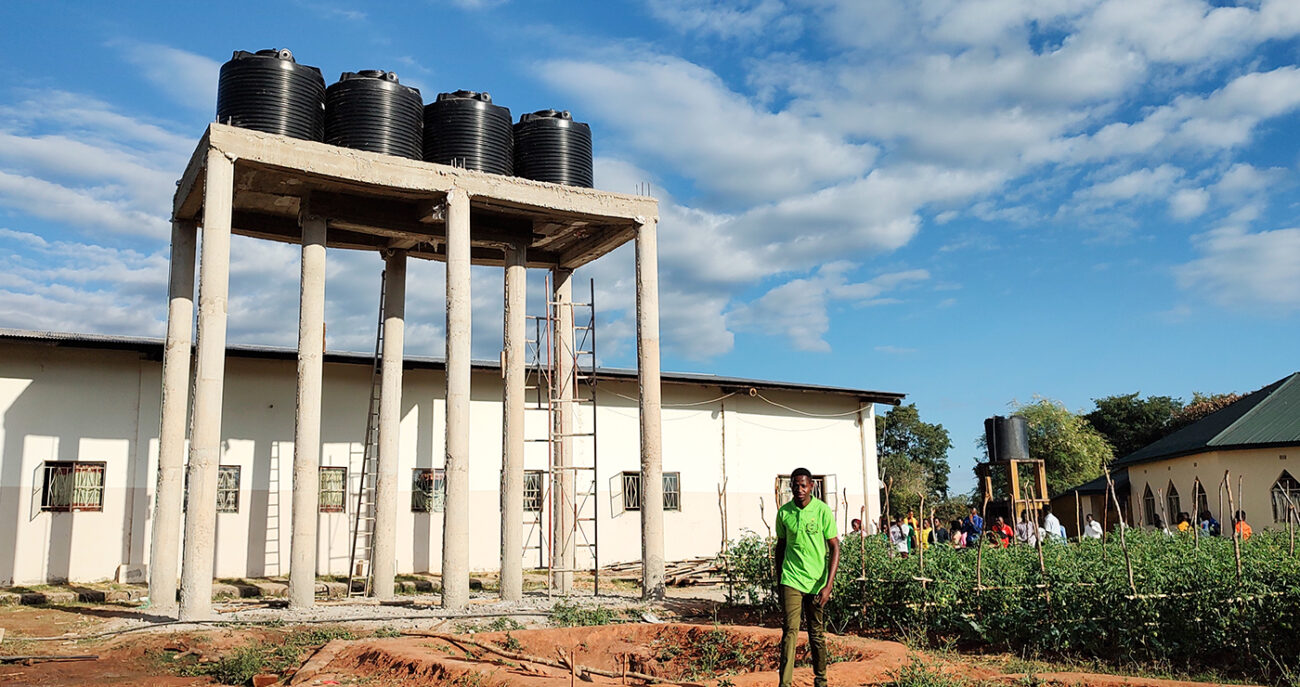
Building wells and providing fresh, clean water also priority. NEW ROCHELLE, NY (Oct. 16, 2023) Salesian Missions, the U.S. development arm of the Salesians of Don Bosco, joins the international community and organizations around
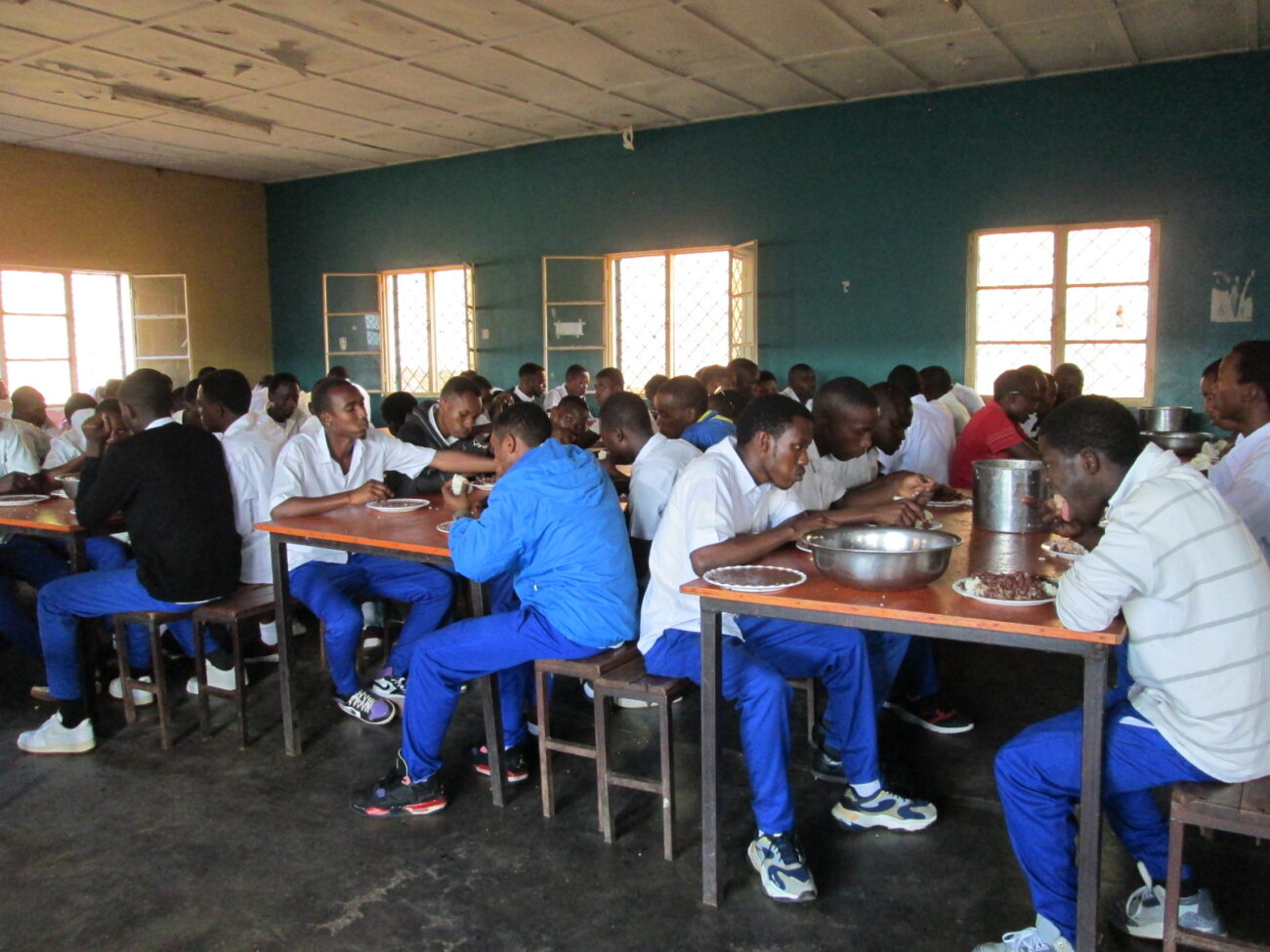
Globally 2.4 billion people did not have regular access to food. NEW ROCHELLE, NY (Aug. 1, 2023) Top of Form Hunger has risen since 2019 due to the COVID-19 pandemic and repeated weather events and conflicts, including the war in
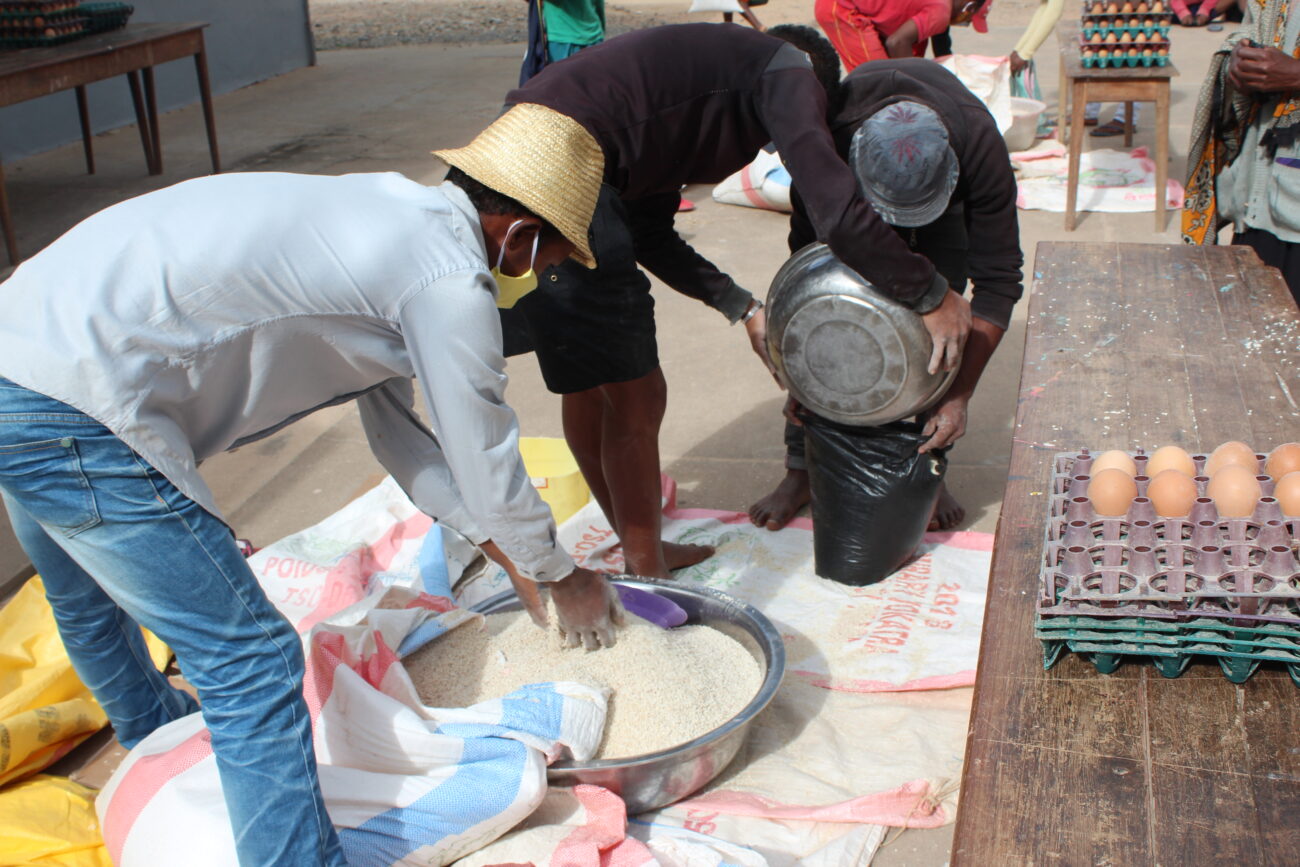
Work includes psychological support to help families overcome difficulties. NEW ROCHELLE, NY (June 12, 2023) Salesian missionaries were able to provide support for 20 families in the Ivato district of Madagascar thanks to donor fu

ANTANANARIVO, Madagascar Jan. 24, 2023 (Excerpt) On the annual event of the International Day of Education (IDE) marked January 24, the leadership of the U.S-based development arm of the Religious Institute of the Salesians of Don
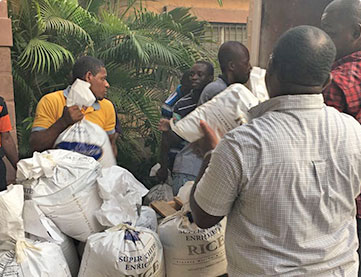
Salesian Missions includes agriculture in its vocational training programs – to ensure that youth of Rwanda learn better agricultural practices as well as keep the school self-sustaining in the face of the country’s food shortages.
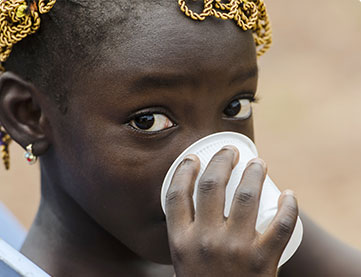
Salesian Missions includes agriculture in its vocational training programs – to ensure that youth of Rwanda learn better agricultural practices as well as keep the school self-sustaining in the face of the country’s food shortages.
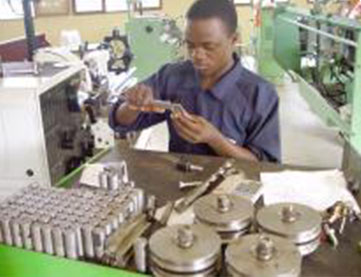
Salesian Missions includes agriculture in its vocational training programs – to ensure that youth of Rwanda learn better agricultural practices as well as keep the school self-sustaining in the face of the country’s food shortages.